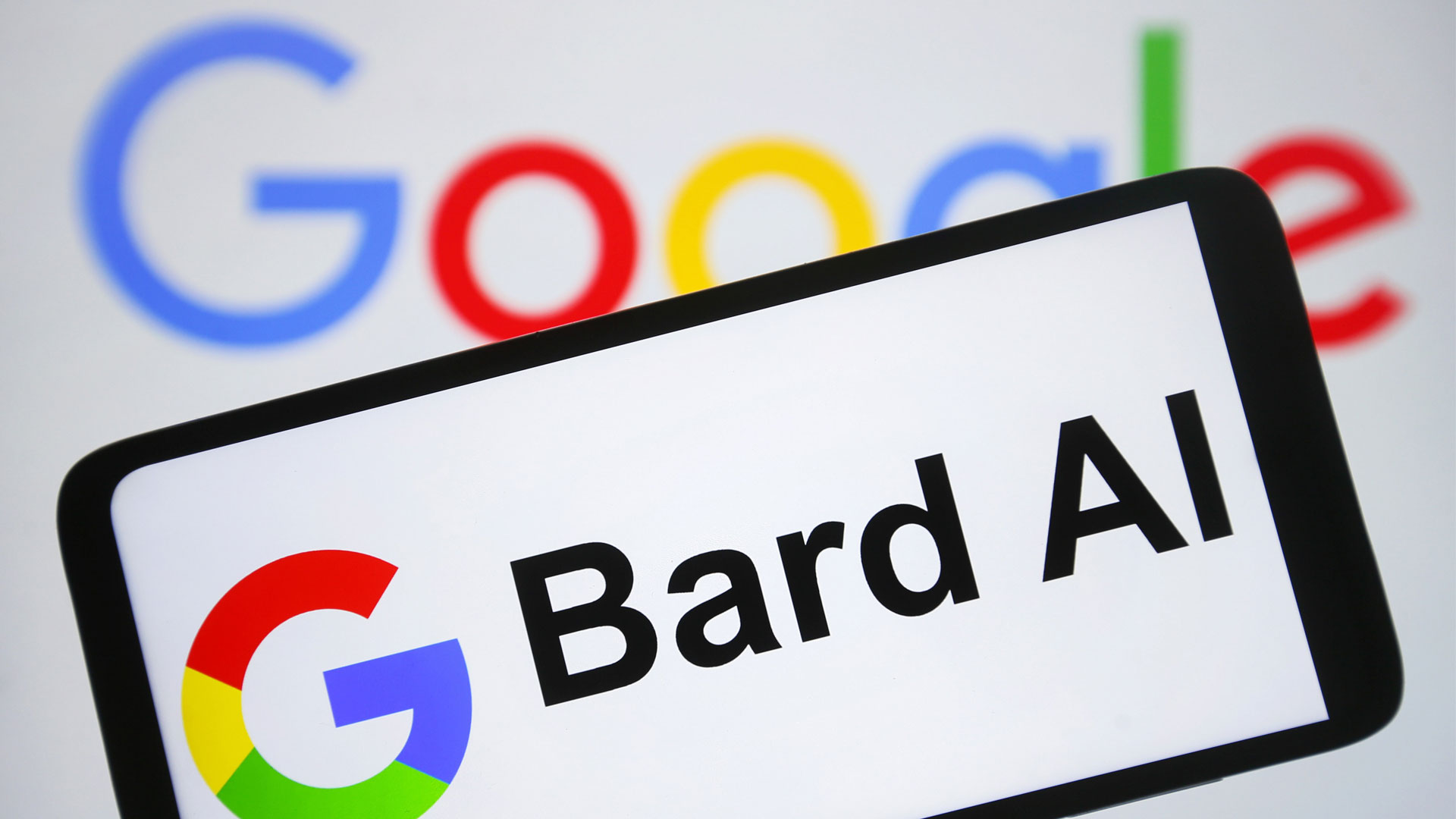
Bard work? Google Bard is built on the Pathways Language Model 2 (PaLM 2), a language model released in late 2022.PaLM and the model that preceded it, Google's Language Model for Dialogue Applications (LaMDA) technology, are based on ..
Bard seeks to combine the breadth of the world’s knowledge with the power, intelligence and creativity of our large language models. It draws on information from the web to provide fresh, high-quality responses. Bard can be an outlet for creativity, and a launchpad for curiosity, helping you to explain new discoveries from NASA’s James Webb Space Telescope to a 9-year-old, or learn more about the best strikers in football right now, and then get drills to build your skills.

When looking for insights, AI features in Search can distill information to help you see the big picture.
One of the most exciting opportunities is how AI can deepen our understanding of information and turn it into useful knowledge more efficiently — making it easier for people to get to the heart of what they’re looking for and get things done. When people think of Google, they often think of turning to us for quick factual answers, like “how many keys does a piano have?” But increasingly, people are turning to Google for deeper insights and understanding — like, “is the piano or guitar easier to learn, and how much practice does each need?” Learning about a topic like this can take a lot of effort to figure out what you really need to know, and people often want to explore a diverse range of opinions or perspectives.
AI can be helpful in these moments, synthesizing insights for questions where there’s no one right answer. Soon, you’ll see AI-powered features in Search that distill complex information and multiple perspectives into easy-to-digest formats, so you can quickly understand the big picture and learn more from the web: whether that’s seeking out additional perspectives, like blogs from people who play both piano and guitar, or going deeper on a related topic, like steps to get started as a beginner. These new AI features will begin rolling out on Google Search soon.
Google AI is a division of Google dedicated to artificial intelligence. It was announced at Google I/O 2017 by CEO Sundar Pichai. This division has expanded with research facilities in various parts of the world such as Zurich, Paris, Israel, and Beijing.
Google AI's mission is to "advance the state of the art in artificial intelligence, and make AI useful and accessible to everyone." The division is focused on research in a wide range of AI areas, including machine learning, deep learning, natural language processing, computer vision, and robotics.
Google AI's research has led to significant advances in a variety of fields, including:
- Machine translation: Google Translate is now able to translate between over 100 languages with high accuracy.
- Image recognition: Google Photos can now automatically identify and organize your photos, even if they are not tagged.
- Natural language processing: Google Search is now able to understand your queries in a more natural way, and return more relevant results.
- Robotics: Google AI has developed robots that can perform complex tasks such as assembling cars and sorting packages.
Google AI's research is also being used to develop new products and services, such as Google Assistant, Google Lens, and Google Cloud AI Platform. These products and services are making AI more accessible to businesses and individuals of all sizes.
Google AI is committed to responsible innovation and technologies that benefit all of humanity. The division has a number of initiatives aimed at promoting diversity and inclusion in AI, and mitigating the potential risks of AI.
Here are some ideas for blog posts on Google AI:
- What is Google AI and why is it important?
- The latest advances in AI from Google AI
- How Google AI is making AI more accessible and useful
- The ethical implications of AI and how Google AI is addressing them
- Profiles of Google AI researchers and engineers
- Case studies of how Google AI is being used to solve real-world problems



0 comments:
Post a Comment